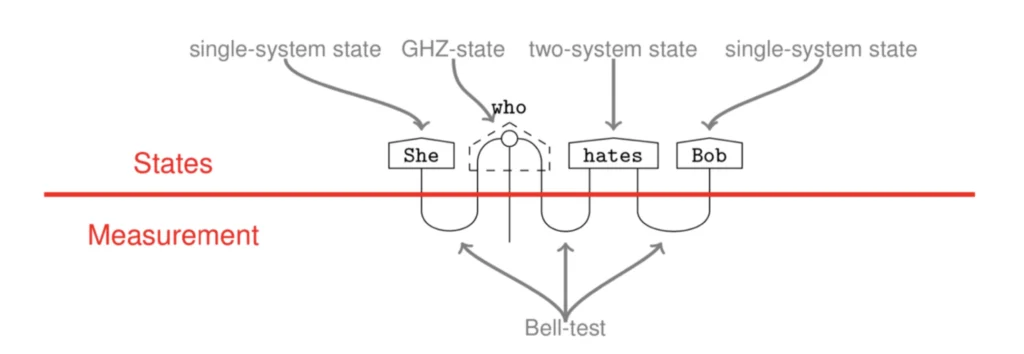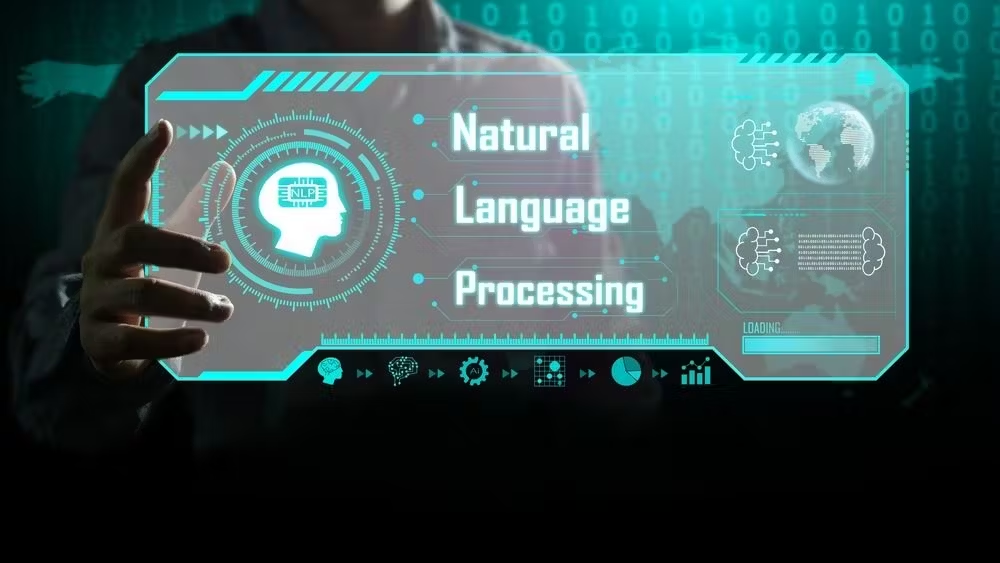Introduction:
In the rapidly evolving landscape of artificial intelligence (AI), Quantum Computing emerges as a transformative force with profound implications for Natural Language Processing (NLP) and AI-driven text generation. This article explores the groundbreaking impact of quantum computing on NLP and text generation, delving into the unique advantages it offers, recent advancements, and the transformative potential it holds for the future of language-based AI applications.
Understanding Quantum Computing in NLP:
Quantum Computing revolutionizes traditional computing paradigms by leveraging the principles of quantum mechanics to perform computations at unprecedented speeds. In the realm of NLP, quantum computing presents a paradigm shift, offering novel approaches to tackle complex linguistic tasks with unparalleled efficiency and accuracy.
Advantages of Quantum Computing in NLP:

1. Enhanced Parallelism:
Quantum computers harness the power of quantum parallelism, allowing them to process vast amounts of linguistic data simultaneously. This inherent parallelism accelerates NLP tasks such as language modeling, sentiment analysis, and entity recognition, enabling real-time analysis of large text corpora with unprecedented speed and scale.
2. Efficient Language Modeling:
Quantum algorithms offer efficient solutions for language modeling tasks, enabling AI systems to generate coherent and contextually relevant text. Quantum-inspired algorithms, such as Quantum Neural Language Models (QNLMs), leverage quantum principles to capture intricate linguistic patterns and dependencies, leading to more accurate and contextually aware text generation.
3. Optimized Search and Optimization:

Quantum computing’s ability to explore vast solution spaces in parallel enhances search and optimization algorithms used in NLP tasks. Quantum-inspired optimization techniques, such as Quantum Annealing and Quantum Genetic Algorithms, enable more efficient parameter tuning, hyperparameter optimization, and model fine-tuning, resulting in improved performance of AI-driven text generation models.
4. Secure Language Processing:
Quantum cryptography offers robust solutions for securing language processing tasks, ensuring the privacy and integrity of sensitive linguistic data. Quantum key distribution protocols, such as Quantum Key Distribution (QKD), enable secure communication channels for transmitting and processing text data, mitigating the risk of eavesdropping and data breaches in NLP applications.
Recent Advancements and Applications:
1. Quantum Language Models:
Researchers are exploring the development of Quantum Language Models (QLMs), which leverage quantum neural networks and quantum-inspired algorithms to generate contextually rich and coherent text. QLMs offer promising results in tasks such as machine translation, text summarization, and dialogue generation, paving the way for more natural and human-like language processing systems.
2. Quantum Word Embeddings:
Quantum word embeddings represent a novel approach to encoding semantic information in linguistic data. By leveraging quantum principles, such as quantum entanglement and superposition, quantum word embeddings capture subtle semantic relationships between words and phrases, enabling more nuanced and contextually sensitive language understanding in AI systems.
3. Quantum Machine Translation:

Quantum computing offers new avenues for improving machine translation systems by enhancing computational efficiency and accuracy. Quantum machine translation algorithms leverage quantum-inspired optimization techniques to optimize translation models, leading to more accurate and contextually relevant translations across different languages and domains.
Challenges and Considerations:
While the potential of quantum computing in NLP and text generation is immense, several challenges must be addressed for widespread adoption:
1. Hardware Limitations:
Current quantum hardware faces challenges such as qubit coherence times and error rates, limiting the scalability and reliability of quantum systems for NLP applications. Overcoming these hardware constraints is crucial for realizing the full potential of quantum computing in language processing tasks.
2. Algorithmic Development:
Developing robust quantum NLP algorithms requires interdisciplinary expertise in quantum computing, linguistics, and machine learning. Bridging the gap between quantum principles and linguistic theory poses challenges in algorithm design, optimization, and validation.
3. Ethical and Societal Implications:
As quantum-powered NLP technologies advance, ethical considerations surrounding privacy, bias, and transparency become increasingly pertinent. Responsible development practices, robust regulatory frameworks, and interdisciplinary collaboration are essential to address ethical and societal implications effectively.
Conclusion:
Quantum computing represents a quantum leap forward in NLP and AI-driven text generation, offering unprecedented opportunities for innovation and discovery. By harnessing the power of quantum parallelism and optimization, researchers and practitioners can unlock new frontiers in language processing, pushing the boundaries of what’s possible in AI-driven communication and interaction. As we continue to explore the potential of quantum computing in NLP, collaboration, ethical stewardship, and continuous innovation will be paramount in realizing its transformative impact on language-based AI applications.